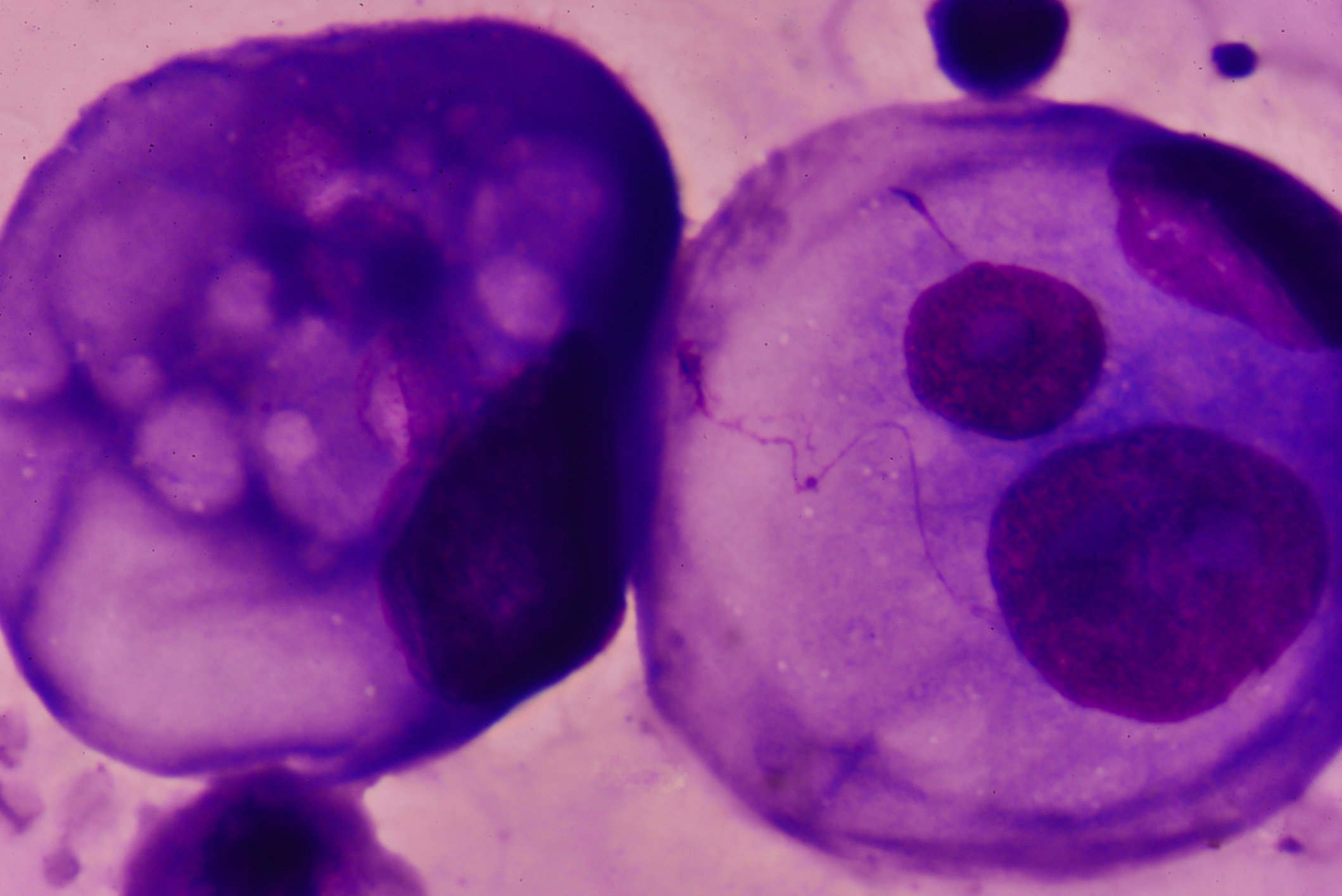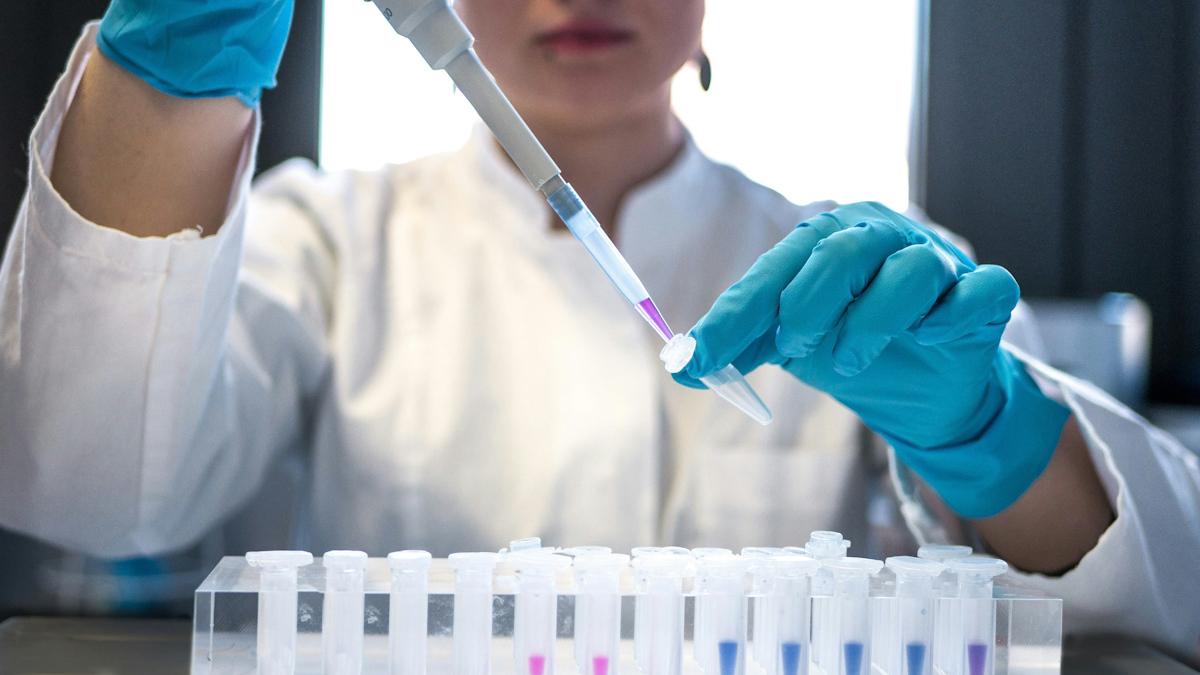UK's NeoPhore pioneers new approach to cancer immunotherapy

A newly launched UK biotech is looking to develop a new approach to immunotherapy, based around a seemingly paradoxical idea that stimulating cancer makes them more visible to the body’s defences.
Cambridge-based NeoPhore is looking at ways to encourage cancers to produce neoantigens, where highly mutated tumours produce new molecular targets on the surfaces of their cells.
These are more easily recognised by the body’s immune defences and Bristol-Myers Squibb is already investigating whether a combination of its Opdivo and Yervoy immunotherapies can target neoantigens, as measured by a biomarker known as Tumour Mutation Burden (TMB).
However NeoPhore wants to take this one step further, inhibiting the body’s DNA repair machinery with small molecule drugs, to continuously stimulate the creation of new cancer neoantigens in tumours.
This could itself trigger a broad and effective immune response against the tumour and could be used on its own or in combination with immunotherapy, or even CAR-T therapies to produce an even stronger effect.
The concept has been given credibility after the scientific journal Nature last week published a paper from NeoPhore’s founders, professor Alberto Bardelli, and Giovanni Germano.
NeoPhore started up last month as a spin out from Cambridge biotech PhoreMost with a £3 million investment from the CRT Pioneer Fund, managed by Sixth Element Capital.
Chairman Rob James said in an interview with pharmaphorum: “Our founders’ data strongly support combination treatment with checkpoint blockade: their lab studies and clinical evidence suggest that defective mismatch repair generates very strong antigens that induce the immune exhaustion checkpoints.”
Bardelli said that in rare cases some chemotherapy patients go into a state known as dynamic neoantigen evolution (DNE), and the company wants to understand more about the genetic mechanisms and molecular consequences of this.
The concept is in the preclinical stages but the company says its mission is to create first-in-class small molecule for the best neoantigen target.
“We want to create at least one advanced drug programme to further prove the DNE therapeutic concept through preclinical development,” said James.

NeoPhore's chairman Rob James
Studies so far show that the concept works well in colon, breast and pancreatic cancer.
Bardelli added: “However, we know from genetics that defective DNA repair can spur DNE in many other disease types, and we’re studying exactly when and how acute inhibition may convert a cancer into a hypermutation state.”
James concluded: “While diagnostic biomarkers may light the way, our current concept is that broad 'all-comer' trials across many disease types make the most sense to test just where DNE and the NeoPhore agents may offer the best efficacy.”













